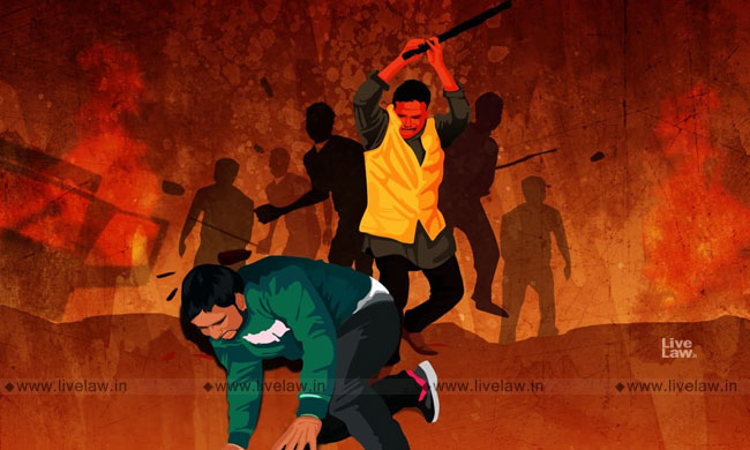Supreme Court Seeks States' Responses On Steps Taken In Mob Lynching Cases
Yash Mittal
16 April 2024 4:12 PM IST

Next Story
16 April 2024 4:12 PM IST
The Supreme Court on Tuesday (April 16) directed the States, which have not yet responded to the public interest litigation (PIL) filed by the National Federation of Indian Women (NFIW) regarding the increase in mob lynching incidents, to file detailed affidavits specifying the steps taken by them in respect the mob-lynching incidents mentioned in the PIL.The petitioner has added all States...
